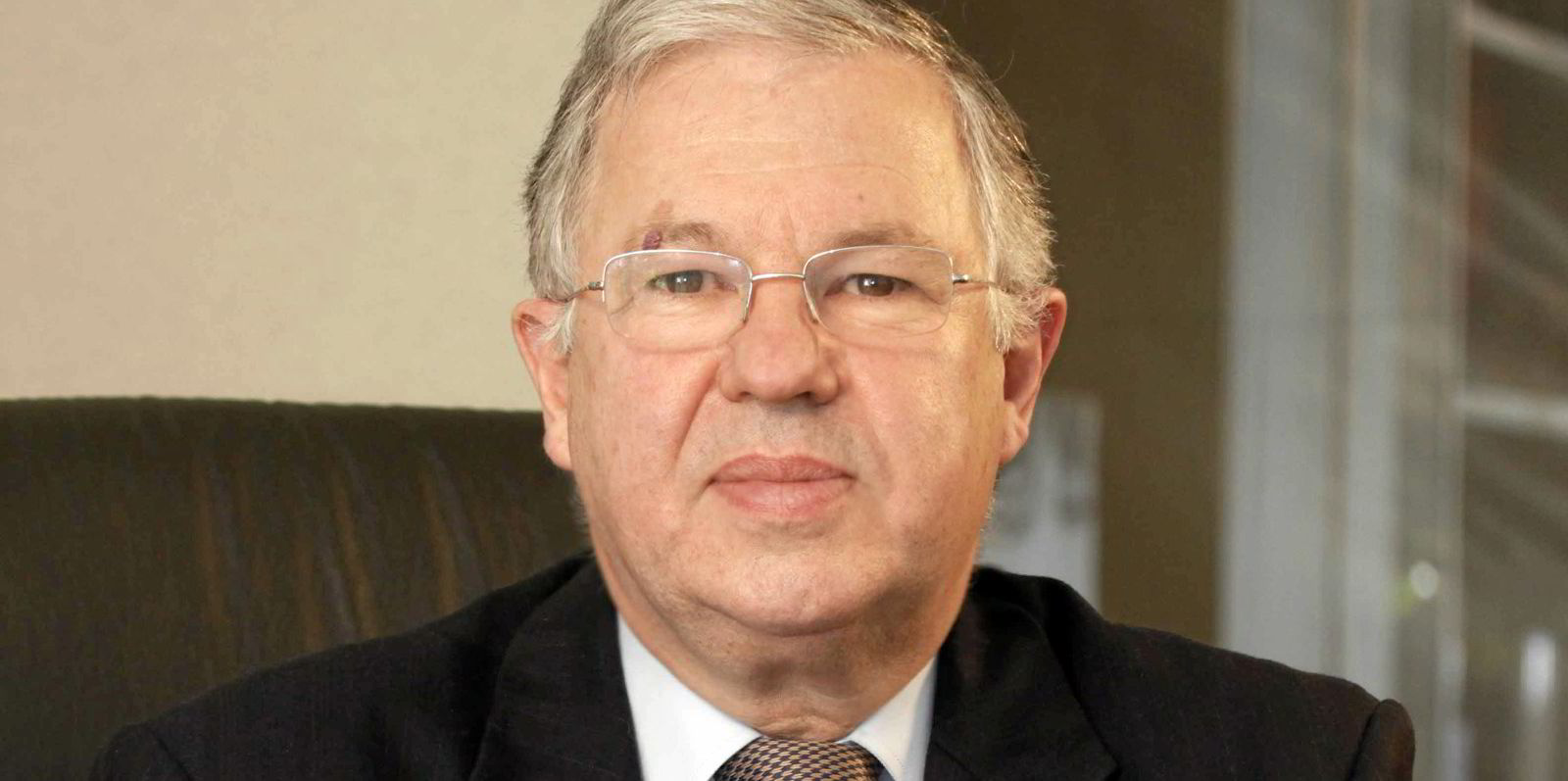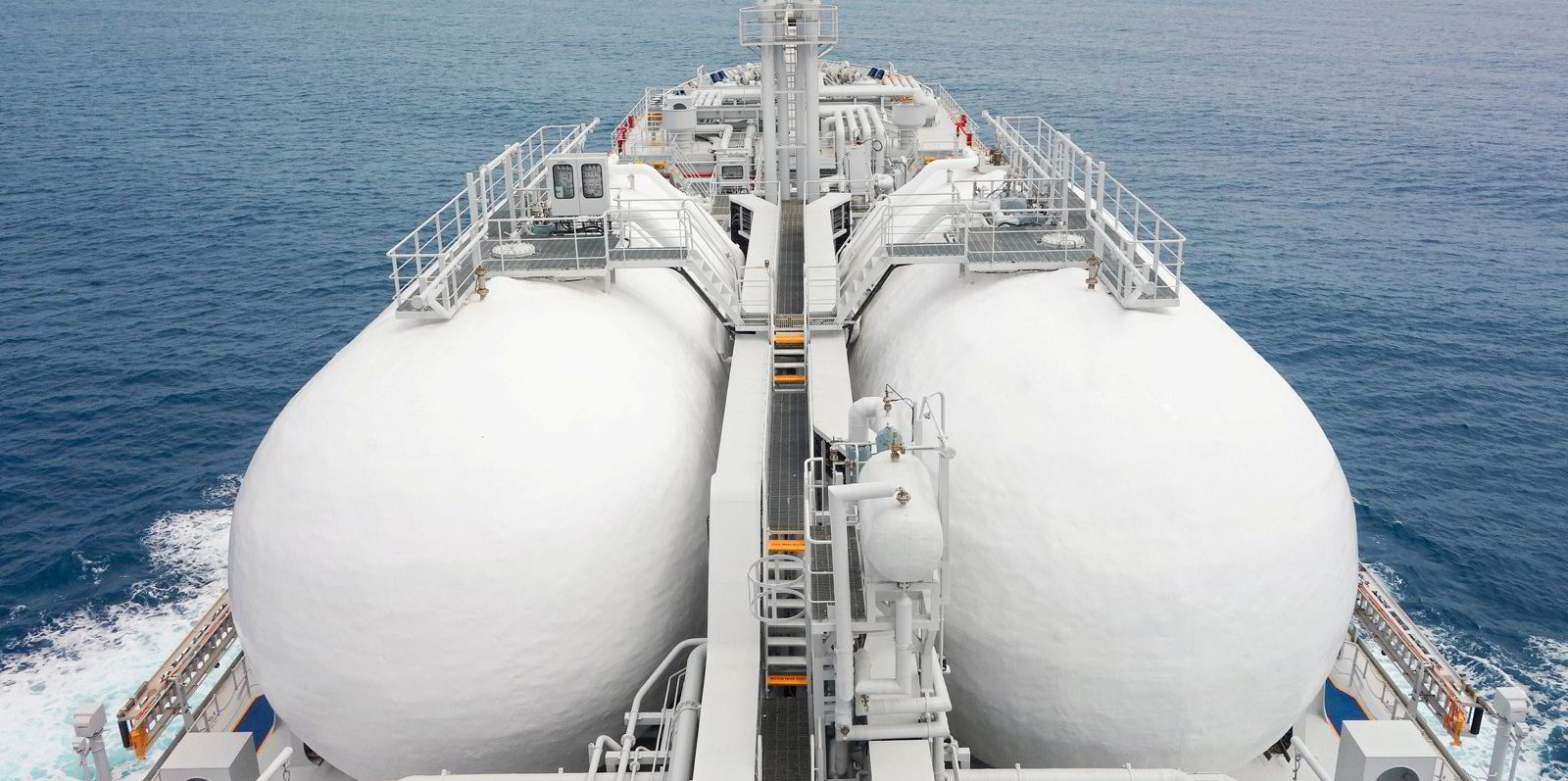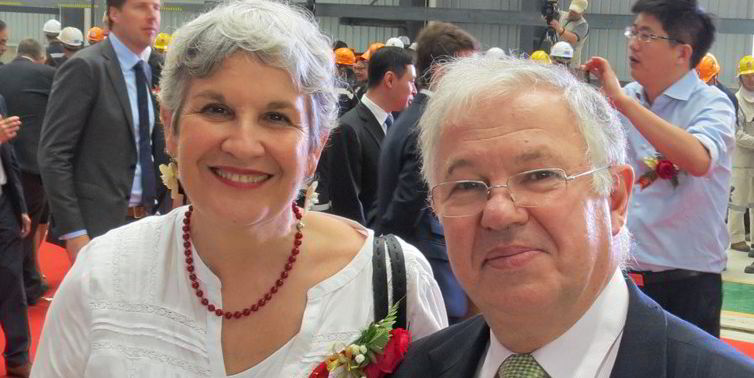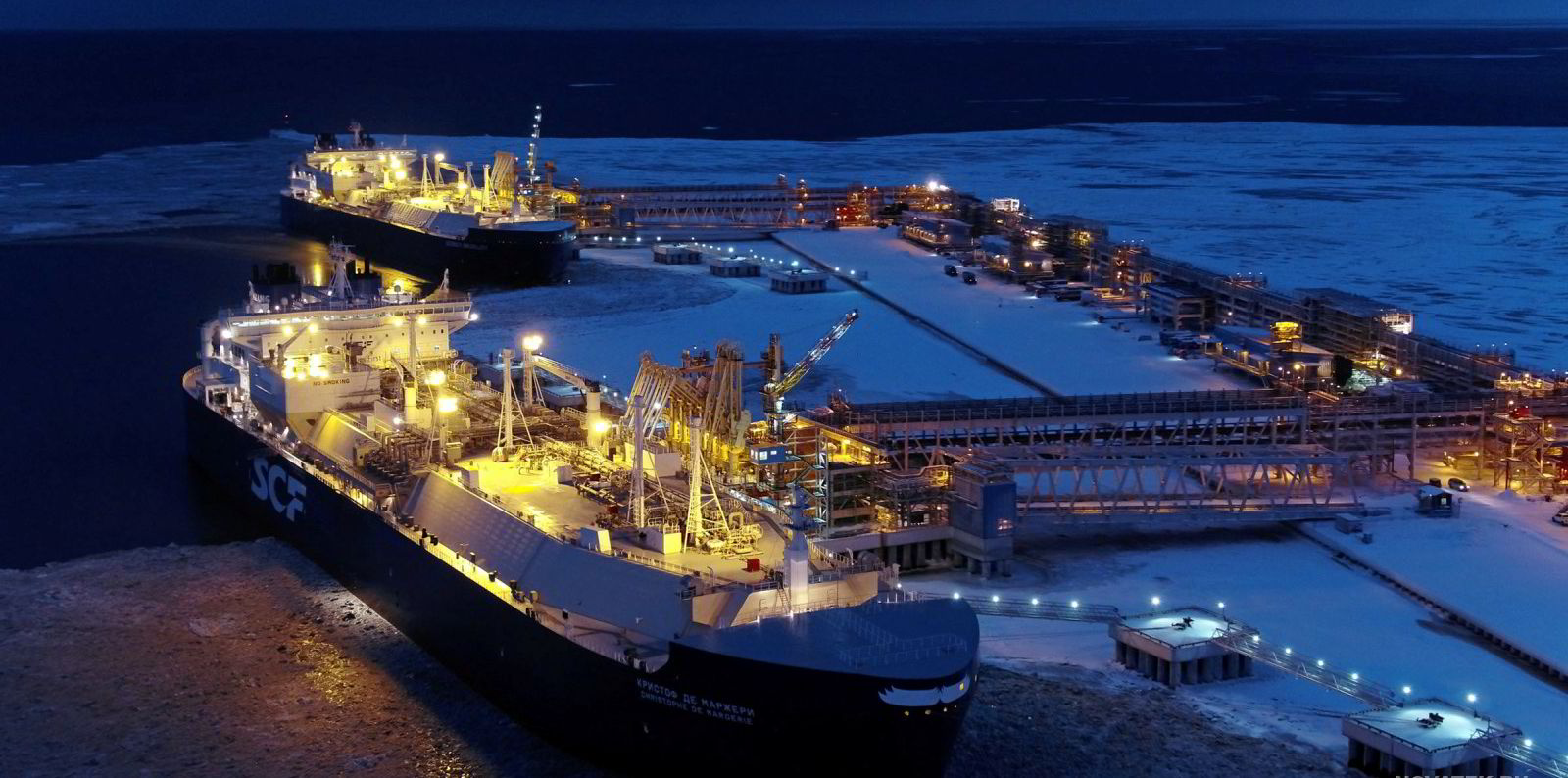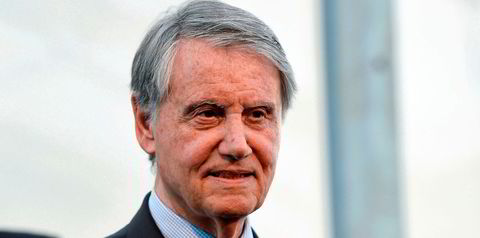French businessman Jacques de Chateauvieux has stepped down from his remaining shipping interest, Evergas, as creditors eye a sale of the fleet.
The Denmark-based company's French parent Jaccar Holdings said in a statement that a plan to safeguard the business, and that of fishing operation Sapmer, was approved by the Commercial Court in Marseilles in August.
All the assets of Jaccar will be gradually sold off over the next four years, with proceeds going to creditors.
The remaining debt will then be sold to Jaccar or its shareholders for a token €1 ($1.18).
The company has brought in new chairman and chief executive Philippe Soulie to oversee this process, after de Chateauvieux resigned from "all mandates" in Jaccar and its subsidiaries.
This marks an exit from shipping — for now — for the former principal of Bourbon Offshore, which was taken over by its banks in 2019.
Activities stabilised
"The latest restructuring has enabled the activities of its subsidiaries to stabilise and their prospects are favourable everywhere, in a context which remains in the short term influenced by the pandemic," Jaccar said.
The plan aims to give the companies the best possible future, protect jobs and find new long-term shareholders, the group added.
The idea is to avoid liquidation that would harm creditors' interests.
Soulie told Le Marin website that the group's debt was around €1bn at the end of 2019 when the court process began.
The lending group comprises 12 banks, mainly based in France, he added.

Former boss was 'personally touched'
Soulie said that after lengthy negotiations during the 18-month process, the creditors' committees approved the safeguard plan in July.
The new chairman added that one scenario in the restructuring would have allowed de Chateauvieux to stay on and see it through, but the chairman was "touched very personally by all this procedure" and preferred to move on instead.
Asked why the disposals will take place over four years, he added: "That's the bright side of this plan without which I wouldn’t have agreed to take up my post. This means that you give yourself time to make sure everything runs smoothly."
No offers have been received yet and there are no plans to respond to any before the new boss has taken a full tour of the group's activities and assessed their potential.
Evergas sale will not take four years
By early 2022, the process may begin, he said.
Soulie added that Evergas is profitable and has a win-win partnership with its main customer and the charterer of its ships, the Ineos group, which he calls "a formidable development engine".
The group will not wait four years to sell Evergas, he said.
In February, de Chateauvieux told TradeWinds that he wanted to expand the Evergas fleet, which is worth about $600m.
The Danish company operates 16 high-specification ships, including eight modern multigas vessels that can serve niche small-ship LNG trades where demand is growing.
There are also two very large ethane carriers (VLECs) and six small chartered-in LPG carriers.
All are built from 2012 on and the VLECs and multigas units are bareboat-chartered back from Chinese leasing companies.
Bourbon and bulkers gone
Following the 2015 crude oil price collapse, Bourbon survived for several years despite the financial costs of a huge, young and underemployed fleet.
But de Chateauvieux was under pressure from several directions. In 2017, he sold off the 14 ships of his former Setaf-Saget bulker fleet to settle debts.
By the end of 2019, he had finally lost control of Bourbon itself after a protracted struggle with banks and lessors.
The handover of all assets and activities to bank-owned Societe Phoceenne de Participations extinguished previous shareholdings in the offshore giant, including Jaccar’s majority stake.
Jaccar was previously restructured in 2017, when two bonds were substituted for bank debt and bonds of €790m plus $56.4m.
Evergas had been planning to move away from the pressurised LPG carrier business with the redelivery of its small-ship fleet once present charters expire in 2024.
"We are not interested in re-chartering them," de Chateauvieux told TradeWinds in February. "We have already told the owners we are not going to keep them."
"We don’t have a team for the smaller vessels, and other people are more focused on pressure tonnage. There has been considerable consolidation in that sector."
